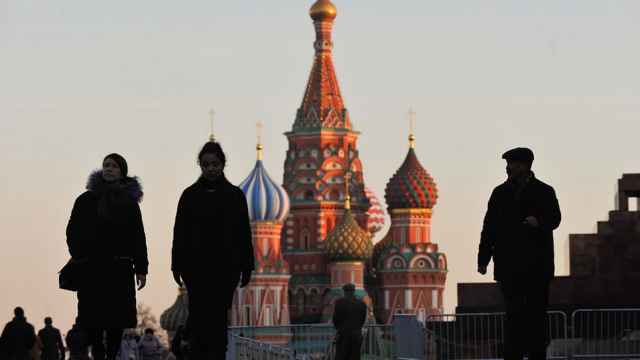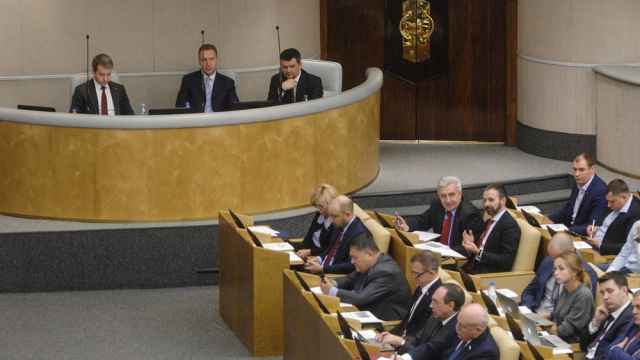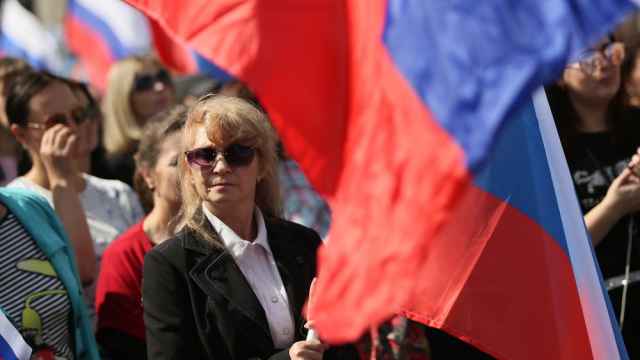Russian citizens are not big on making long-term plans. According to a recent Public Opinion Foundation (FOM) survey, 48 percent of Russians make plans for up to a year, 20 percent plan for 3-5 years, 2 percent plan for 20 years, and 25 percent make no plans at all.
Levada Center surveys report similar findings. Only 5 percent of Russians make plans for several years or more in advance, while 33 percent plan for 1-2 years at a time. Some 46 percent “don’t know what will happen in the next several months.”
Company directors and managers – people with the highest incomes and social status – make the longest-term plans. The poorest, oldest, least educated – the most socially disadvantaged citizens – tend to live from day to day. Youth – who have their whole lives ahead of them – plan only for the next year or two.
The reason for this behavior, says Denis Volkov of the Levada Center, is that Russians feel the ruling authorities alone control events and that their own actions have no impact.
At the same time, however, most Russians are optimistic about the future. According to FOM, 59 percent believe life in Russia will be better 20 years from now – whether or not they are satisfied with the way things stand now. Only 7 percent expect the situation to deteriorate.
Of course, this disconnect between overall confidence in a bright but distant future and the practical impossibility of predicting what will come tomorrow might stem from Russians’ religious views – or, more accurately, from their quasi-religious paternalistic mindset.
Even Russians who do not believe in God have faith that the authorities – as the only people able to influence political and economic life – will solve their problems. It remains unclear, however, exactly how the authorities would accomplish that task and whether they would do so in the near future. Levada Center director Lev Gudkov writes that the Russian people simultaneously hold two conflicting beliefs – that the state should “take care of the people” and that “the state invariably cheats the people.”
The obligations of Russia’s social state have changed repeatedly in recent years. At the moment, authorities have no coherent or positive vision of the country’s future around which to rally citizens. At best, they hope to maintain the status quo.
This is why ordinary Russians don’t make definite plans. Still, people continue to believe in progress and that their quality of life will improve. They believe, that somehow, things will get better, that somehow, Russia and the world will advance.
A Message from The Moscow Times:
Dear readers,
We are facing unprecedented challenges. Russia's Prosecutor General's Office has designated The Moscow Times as an "undesirable" organization, criminalizing our work and putting our staff at risk of prosecution. This follows our earlier unjust labeling as a "foreign agent."
These actions are direct attempts to silence independent journalism in Russia. The authorities claim our work "discredits the decisions of the Russian leadership." We see things differently: we strive to provide accurate, unbiased reporting on Russia.
We, the journalists of The Moscow Times, refuse to be silenced. But to continue our work, we need your help.
Your support, no matter how small, makes a world of difference. If you can, please support us monthly starting from just $2. It's quick to set up, and every contribution makes a significant impact.
By supporting The Moscow Times, you're defending open, independent journalism in the face of repression. Thank you for standing with us.
Remind me later.







